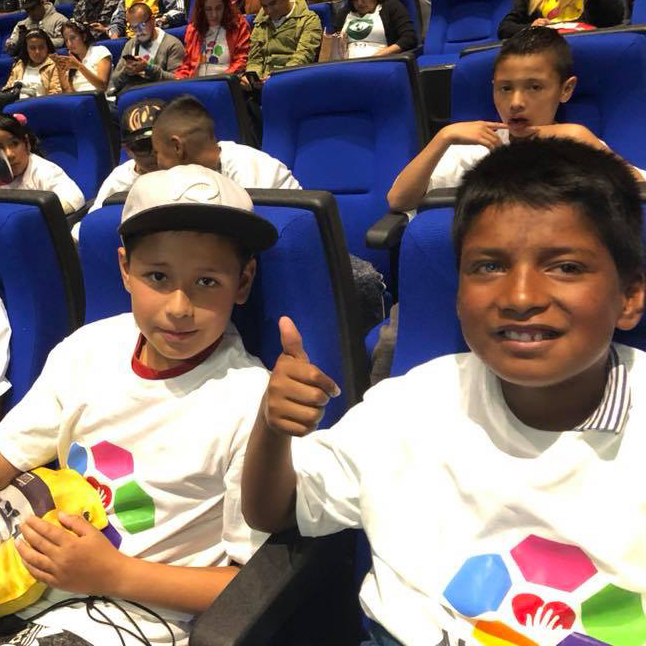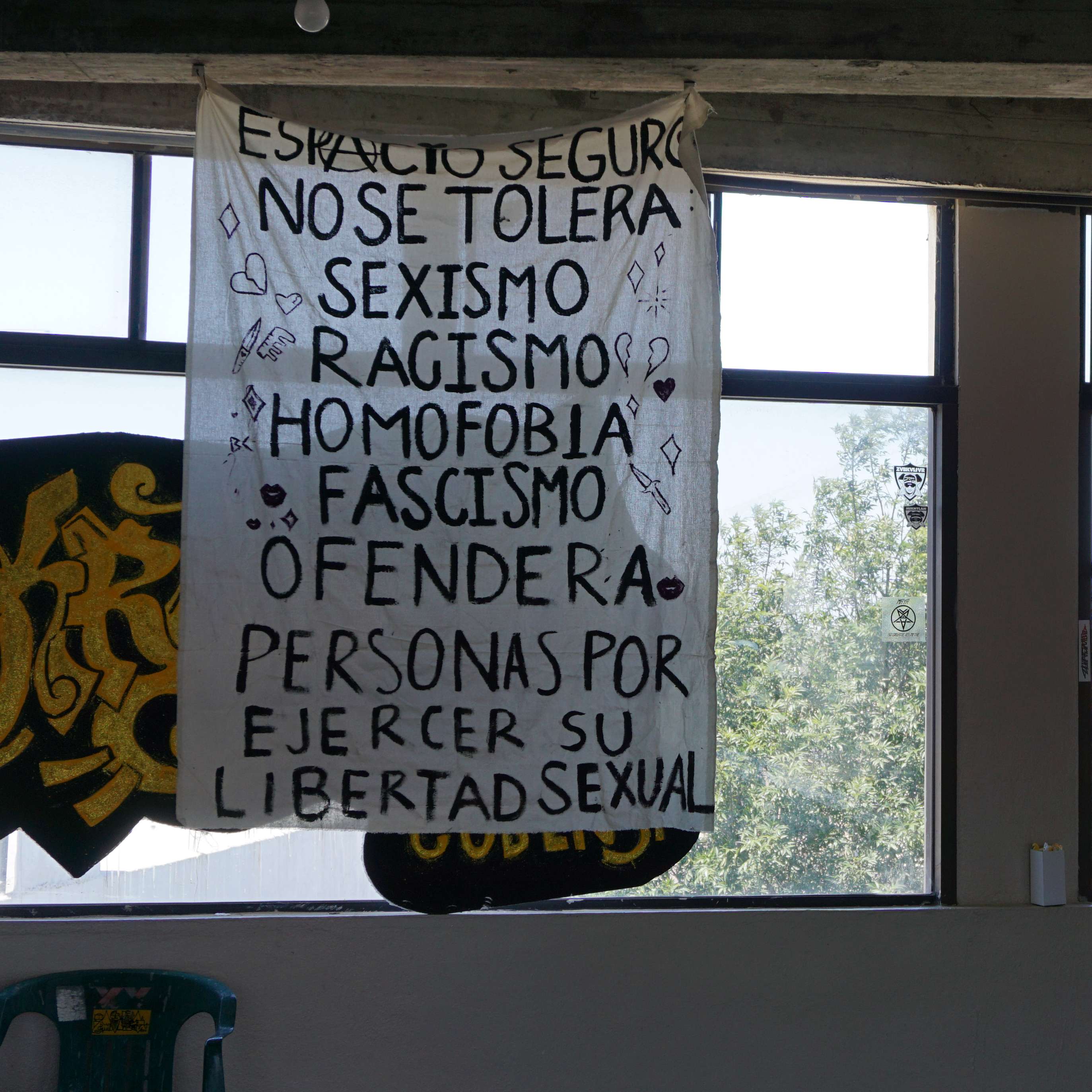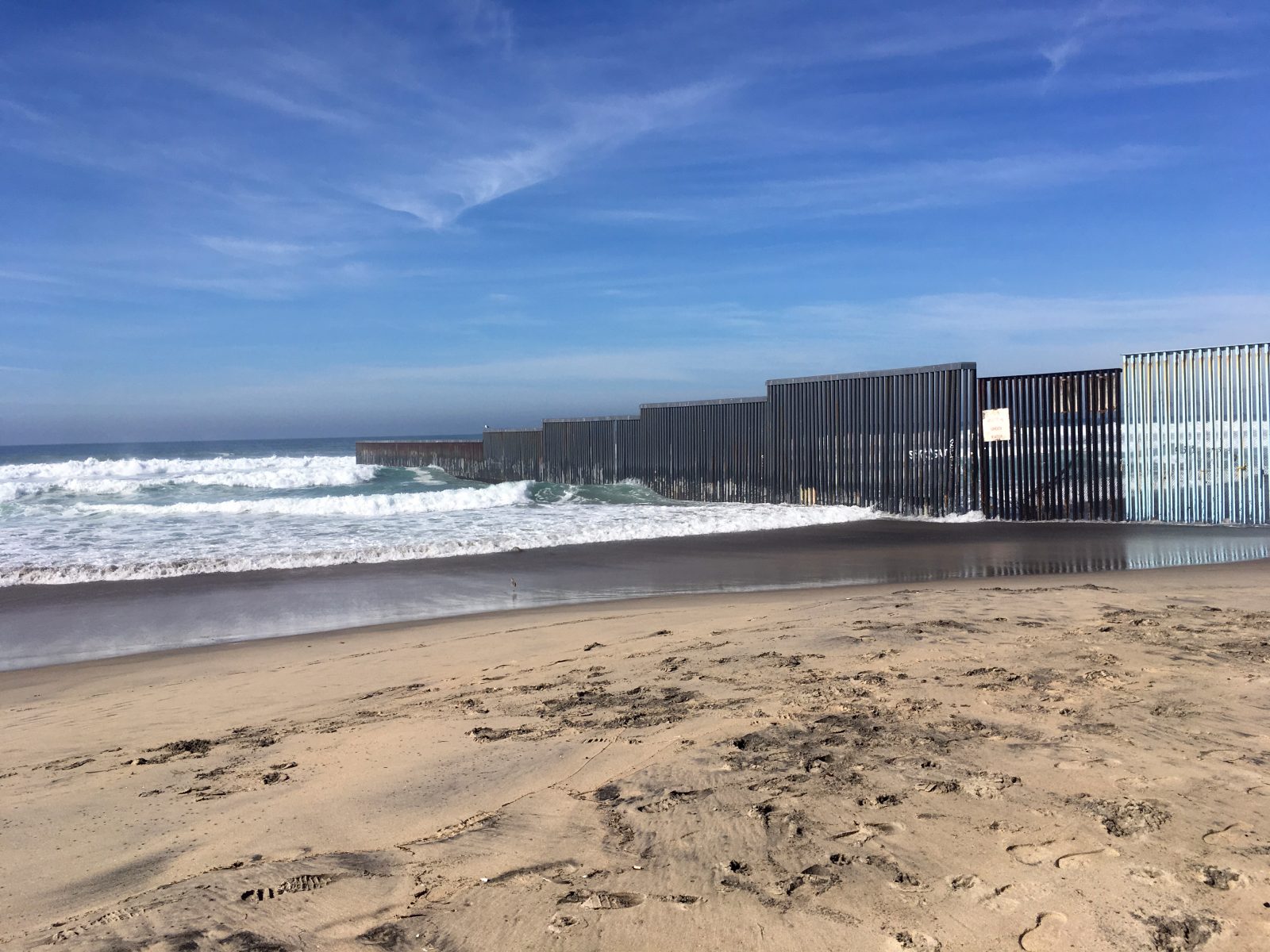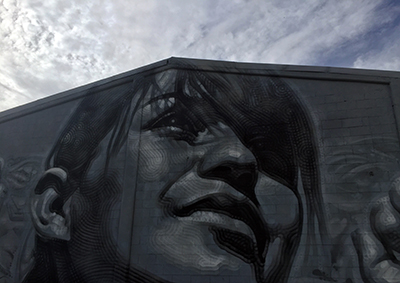Driven by her experience as a 14-year-old migrant, Paty returned to her community as a young adult and is working to empower other indigenous girls and young women.
My name is Paty, and I am from the community of Poconichim, Municipality of Chenalhó, in the Highlands of Chiapas, Mexico.
Being a woman in my community is very hard. Women can´t do anything. Since you are a little girl, people tell you that women only belong at home. They teach you to obey your brothers, your dad, your husband… any man. They teach that they are more valuable than you.
Men always treated me very badly because I did not want to obey. They beat me, they shouted at me and told me to serve them quickly.
When I was 14 years old my parents told me that I had to get married because a boy came to claim me. Only men have the right to choose who they marry. But I did not want to get married, because my dream was to continue studying. So I left.
I went to work in Villahermosa, Tabasco. I started cleaning houses but since I did not speak Spanish well and because I am indigenous, people made fun of me and treated me badly. I also missed my mom very much.
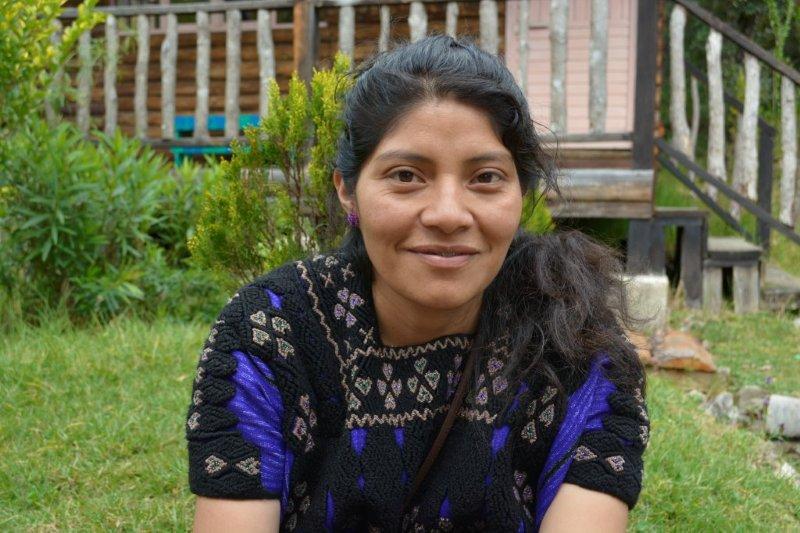 When one decides to migrate, it is because you don´t have other options. Because one cannot be free, just because you are a woman. And many times it is more of the same. Either they mistreat you for being a woman, or they humiliate you for being poor, or they discriminate against you for being indigenous.
When one decides to migrate, it is because you don´t have other options. Because one cannot be free, just because you are a woman. And many times it is more of the same. Either they mistreat you for being a woman, or they humiliate you for being poor, or they discriminate against you for being indigenous.
I worked a lot and I was able to save some money. Although many people told me I was crazy and that my dream was impossible, I started studying. I recently finished high school.
And then I returned to my community. Because I did not want other girls to suffer like I did. With the money I saved, I started a coffee cooperative only for women and girls.
We started earning money. The men of my community at first did not know how to react, but in the end they had no choice but to respect us. They realized that a woman can work just like a man. It makes me laugh because I think they are a bit afraid of us.
Then I met other women who had also migrated and I realized that I am not alone. With other companions we formed the Indigenous Coalition of Migrants of Chiapas. Our organization dreams that in the indigenous communities of Chiapas, migration is a decision and not a destiny. Especially for girls and women.
I want women not to migrate if they do not want to. That they can be heard and respected within their community. I do not need the money, I just want my happiness. And I want to help others to fulfill their dream.
I am a worker, not a servant. And I feel that I have a good life, not because I have money or because I studied. But because now I am free to make my own decisions.
The Indigenous Migrant Coalition of Chiapas (CIMICH) was legally constituted in September 2013 as a Civil Association (A.C.). The Coalition is an important step for the indigenous communities of Chiapas in their processes of building a good life and positive migration in their territories. Currently it is formed by 25 groups located in municipalities of Los Altos. 250 people participate. More than half are women working on productive projects and receiving workshops to learn about their political, civil, sexual, and cultural rights.
CIMICH serves as the community arm of Voces Mesoamericanas Acción con Pueblos Migrantes A.C (Mesoamerican Voices Action with Migrant People), one of Global Fund for Children’s newest grassroots partners in Mexico. Since 2014, Voces has run the School of Migrant Women, a program that takes place every two months at different locations and that functions as a space where migrant women, including girls and young women, can participate in political organizing efforts, share experiences, and receive support.
